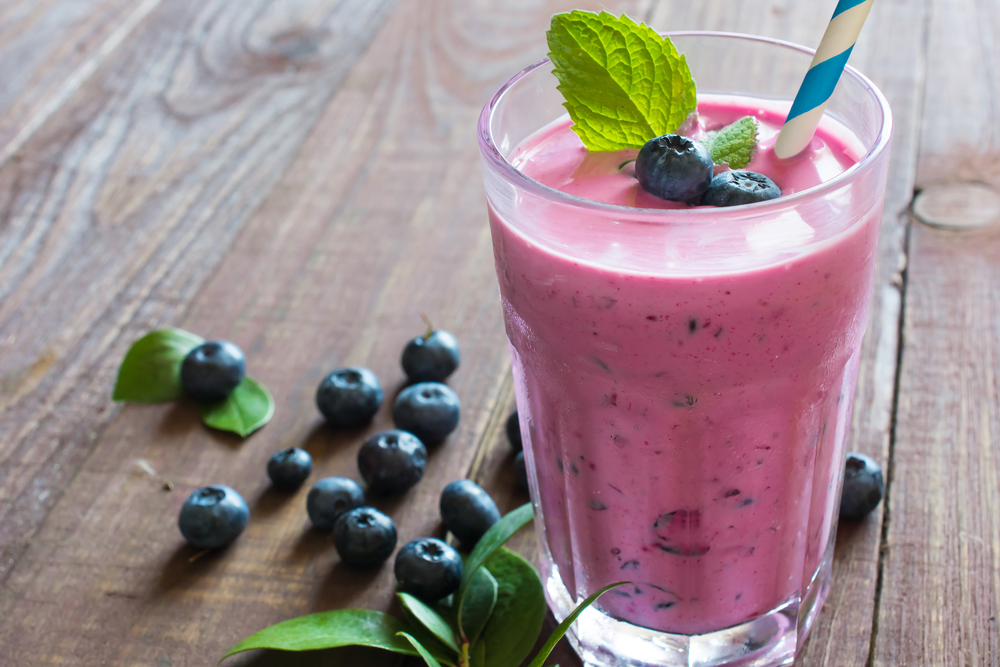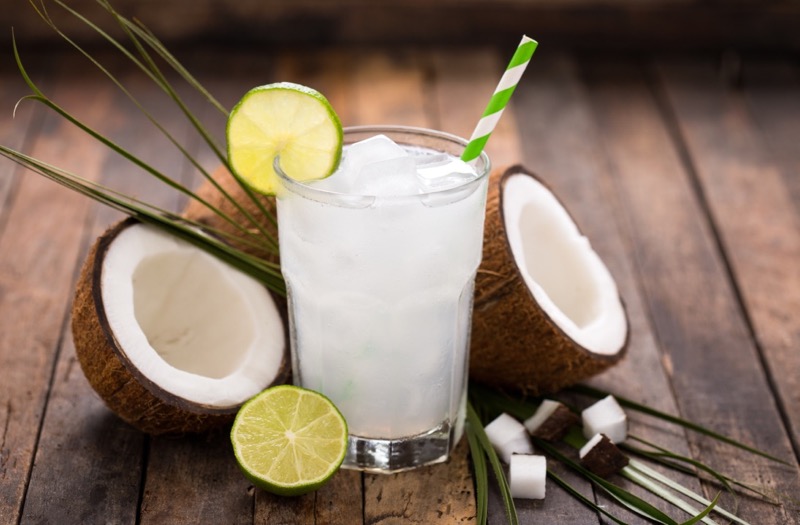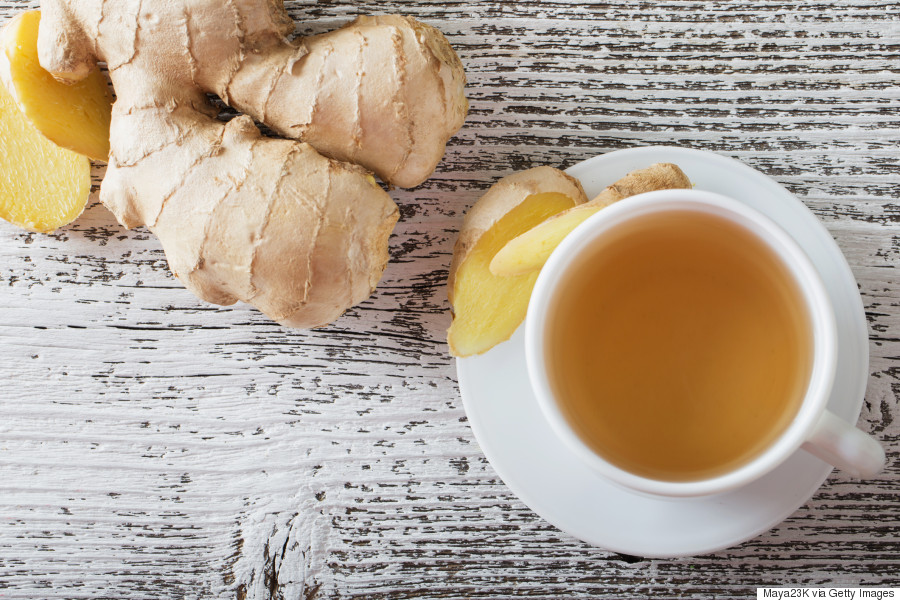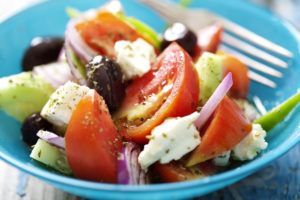The positivity diet for widows focuses on lifting mood while increasing energy and the level of anti-oxidants that can reduce oxidative stress in the body. Certain foods are known mood enhancers that also contain loads of anti-oxidants. A diet packed with fruits and vegetables can increase energy and mood – which is generally needed to combat the fatigue and insomnia related to widowhood. Key nutrients such as omega-3 fatty acids, fiber and B vitamins can help to lift your spirits. These nutrients contribute to body functions by stabilizing blood sugar levels and improving neurotransmitter and nerve functioning. Choosing nutrient-rich foods and getting active can help you to both look and feel your best. Foods that combat stomach upset and nausea are also key ingredients in the positivity diet for widows. In my early days of widowhood – keeping down anything was a challenge. I also suffered from sever stomach upset. These foods can help combat stomach issues whilst helping you maintain your energy.
The Positivity Diet for Widows
Pomegranates

We’ve all seen it, pomegranate juice, little seeds sprinkled in our salads. And sure it’s tasty enough, but what’s so special about it? If you want to increase your mood you definitely need pomegranate in your diet.
If you don’t want to deal with the seeds then try drinking the juice, it’s sweet and crisp so perfect if you’re feeling a little sluggish. Pomegranate juice is just as beneficial as the raw seeds. It is known to help improve your heart, skin, and immune system. Go for freshly squeezed juice, all you need is one glass a day. Your heart is strong, skin glowing, and your body is literally a germ fighting warrior. How much happier can you get?
Blueberries

Blueberries are packed with vitamin C, K and fiber and pack high levels of gallic acid, making them especially good at protecting our brains from degeneration and stress. Studies show that eating blueberries can boost focus and memory for up to 5 hours.
Coconut Water

It’s been a trend for quite some time now: coconut water. So what’s so great about this power fruit? Well, many say it’s fat-free, cholesterol-free, low-calorie, naturally enriched in electrolytes and, of course super-hydrating. In certain emergency situations, coconut water has been used for IV hydration due to its high electrolyte content and the fact that it is sterile if used directly from the inside of the coconut. People all over the world enjoy coconut water for its multiple benefits and sweet taste.
But perhaps its biggest tout is that it is rich in potassium (twice as much as a banana). It contains approximately 600 mg (12% DV) making it a high electrolyte beverage. Coconut water also contains a small amount of sodium, about 40mg and up to 10% of your daily calcium and magnesium needs.
Electrolytes are critical to maintain blood volume, heart health, and well as to prevent dehydration. Maintaining electrolyte levels can help reduce fatigue, stress, and help maintain muscle relaxation. Coconut water has no added sugar and it’s easy on the stomach. Its great for widows because it hydrates, contains anti-oxidants and it relaxes the body (and reduces stress).
Avocados
This creamy treat is also a rich source of the antioxidant vitamin E. Research suggests that foods rich in vitamin E—including avocado, which is also high in the antioxidant powerhouse vitamin C—are associated with a lower risk of developing Alzheimer’s.

Salads
Eating leafy greens daily is great for digestion, which is normally challenging during early widowhood. Lunchtime salads that include grilled salmon; chicken or turkey won’t cause reflux and will be easily digestible throughout the afternoon. If you are sensitive to acid then you will want to avoid onions or tomatoes and for some even the seeds in cucumbers can trigger a bout of stomach cramping. Be careful with lemon juice and vinegar in salad dressings, which can promote reflux. Try adding fennel with arugula and baby spinach along with parsley. Parsley is known to help digestion and settles the stomach.
Seafood & Chicken
Lunchtime is optimal for grilled veggies, legumes such as lentils with olive oil along with grilled fish or chicken. Preparing a plate of various whole grains, cauliflower, carrots, figs and pears are all great sources of fiber for the mid day.
A Digestible Dinner
You really want to focus on ease of digestion at dinnertime. Foods that are high fat can overwhelm the stomach, resulting in acid reflux and heartburn. Steatorrhea or pale colored stool is excess fat in the feces. People with IBS fare better when they avoid high fat foods. That said here are some options for a healthy gut.
Grilled Fish
Cold-water fish such as salmon, halibut, or tuna when grilled in olive oil are full of omega-3 fatty acids, which can address any inflammation in the digestive tract. According to a 2014 study featured in the World Journal of Clinical Cases, omega-3’s were sites as being beneficial to those with ulcerative colitis.
Grilled Chicken with Couscous or Brown Rice
Chicken another lean meat that offers protein and is easy to digest goes great with couscous or brown rice especially if you tend to get acid reflux after late meals. Another option for a side dish is guacamole or avocado slices with lime. Artichokes also feed the good bacteria in your gut as does asparagus and lentils.
Stomach Friendly Snacking
When it comes to snacking there are several options you can reach for. Granny smith apples with almond butter, baby carrots and hummus, hallowed out cucumber and cottage cheese, kale and zucchini chips and assorted nuts (not peanuts) are all healthy and good for the gut.
Ginger

Ginger is well known for its digestive virtues thanks to the active ingredient gingerol. This stimulates the production of bile and digestive enzymes. Ginger can help ease muscle pain. A study from the U.S., published in the Journal of Pain, found that taking 2g of ginger for 11 days reduced pain linked to physical exercise by 25 per cent. In traditional Chinese medicine (TCM), ginger is used for its warming effect since it is believed to “banish humidity.” Like most spices, ginger increases body temperature, which is ideal if you’re feeling the chill in winter or if you’re suffering from a cold.
In the end, you know your body best. Pay close attention to what agrees with you at varying times of the day and if you notice changes in how you take to certain foods see your doctor.



